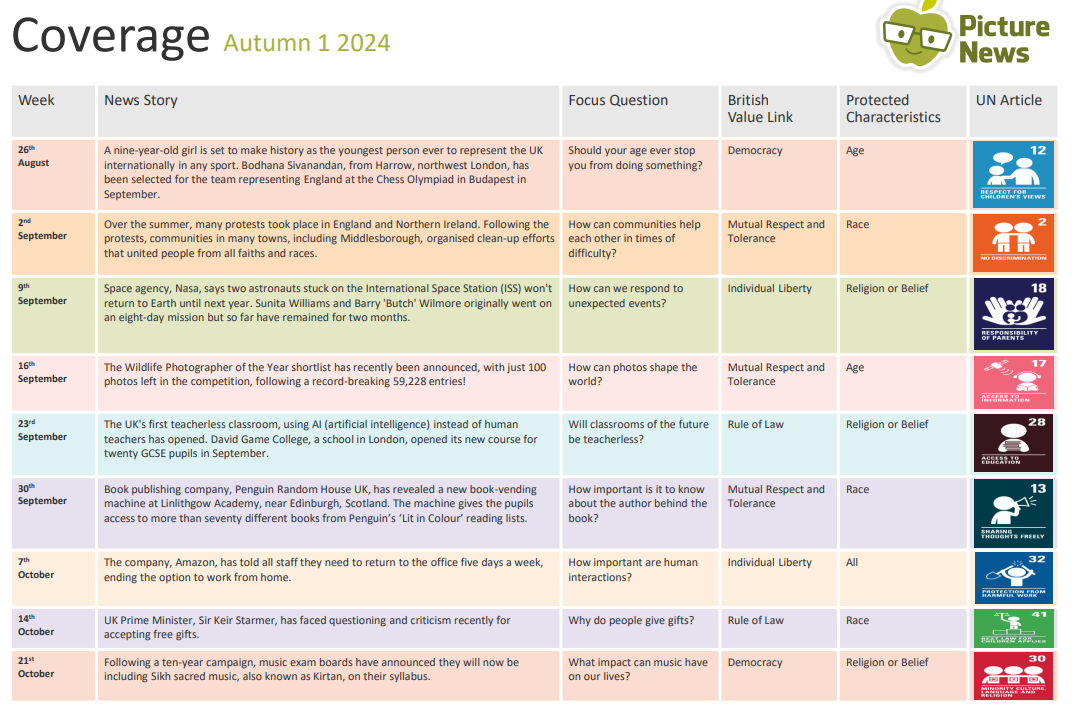Intent
All children deserve to have their voice heard and at Leasowe Primary School, we recognise the importance of oracy in developing children’s academic and social development. We encourage and help children to speak clearly, confidently and with expression in order to communicate ideas and feelings and to listen to others and respond appropriately. Children are provided with opportunities in all areas of the curriculum to develop skills in spoken language, including through discussion, drama and role play. Children in EYFS are taught Communication and Language through activities planned according to the Early Years Foundation Stage Profile and Development Matters guidance
Implementation
In Early Years, Communication and language is one of the prime areas as 'Children's language skills are connected to their overall development and can predict their educational success.' We ensure pupils are involved in hands-on experiences, songs, poems, listening and acting out stories, have access to fiction and non-fiction texts, play, and learn in a language-rich environment, enabling them to learn and explore new words. .
Talk is grouped into two types: exploratory talk and presentational talk. During the exploratory talk, the children discuss concepts, such as Big Questions in Science or an "Odd one Out" where there are multiple ways to answer. They are also encouraged to guide their learning by asking deeper questions of each other and their teachers. During the presentational talk, children are expected to use subject-specific vocabulary and, as they progress through the school, learn how to use a range of techniques such as tone of voice, body movement and eye contact to engage an audience.
Within English, the national curriculum for Key Stage One and Key Stage Two states: 'the curriculum reflects the importance of spoken language in pupils' development across the whole curriculum-cognitively, socially and linguistically. Spoken language underpins the development of reading and writing.'
The aims of the National Curriculum (2014) for Oracy are to:
listen and respond appropriately to adults and their peers
ask relevant questions to extend their understanding and knowledge
use relevant strategies to build their vocabulary
articulate and justify answers, arguments and opinions
give well-structured descriptions, explanations and narratives for different purposes, including for expressing feelings
maintain attention and participate actively in collaborative conversations, staying on topic and intimating and responding to comments
use spoken language to develop understanding through speculating, hypothesising, imagining and exploring ideas
speak audibly and fluently with an increasing command of Standard English
participate in discussions, presentations, performances, role play, improvisations and debates
gain, maintain and monitor the interest of the listener(s)
consider and evaluate different viewpoints, attending to and building on the contributions of others.
select and use appropriate registers for effective communication
Impact
Our Oracy Curriculum with enable pupils to:
Confidently and respectfully articulate their ideas and opinions
Respect the contribution of others with a diverse range of linguistic abilities
Speak with clarity and eloquence
Recognise the importance of listening when responding to others
Become critical thinkers
Justify ideas with reasons
Ask questions to check to understand, deepen their knowledge and instil a love of learning
Develop a rich vocabulary, using a range of subject-specific language to speak like an expert.
Present to a range of different purpose and audience.
Oracy Framework
The Oracy Framework outlines the various skills that our children need to develop in order to deal with a range of different talk situations. This framework has been developed by Voice 21.
We use a student-friendly version of the framework, within all phase groups, so that children gain a clear understanding of all the strands. There is a clear progression as previous skills are built upon, learning more ambitious objectives and increasingly complex vocabulary.
We teach Oracy Skills in many different ways at school so that children develop a deeper understanding through:
Paired talk
Group discussion
Debating
Drama
Presentations.
Teachers plan lessons with oracy in mind and are structured so that all children are supported in developing their oracy skills in a range of ways, for example, through using sentence stems to scaffold talk and using talk tactics to discuss differing viewpoints.
Oracy
What is Oracy?
This short video, made by Voice 21, explains what oracy is. Click on the image below to view this video.
How do we use Picture News?
Every week, we share the 'Picture News' with children in a special weekly assembly, using the excellent online resources and images. The weekly big picture is also displayed prominently in school.
The discussion prompted by Picture News also underpins the development of oracy skills across school, through planned opportunities to develop confidence in speaking, debating and expressing opinions in both formal and informal contexts.
Picture News is instrumental in delivering much of the work we do in school on British Values. It supports our children in encountering and considering the key issues of the day in a planned and age-appropriate way. It also supports their developing understanding of Protected Characteristics and the UN Rights of the Child.





